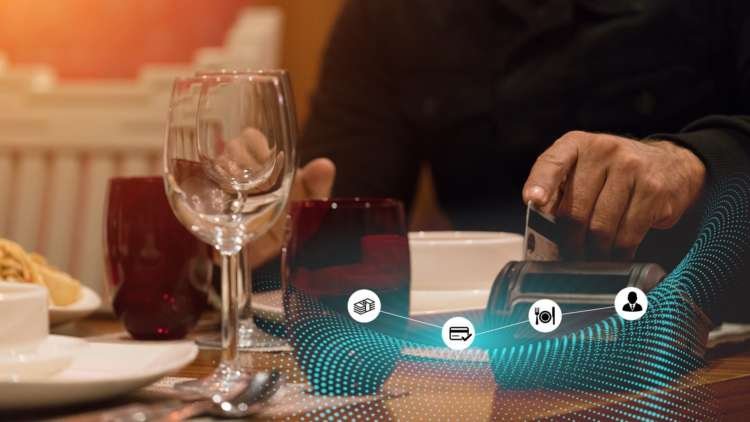Top Stories
The adoption of PayTech as QSRs open their doors to a post pandemic world
Published by linker 5
Posted on April 9, 2021
1 min readLast updated: January 21, 2026

Published by linker 5
Posted on April 9, 2021
1 min readLast updated: January 21, 2026

Explore more articles in the Top Stories category











